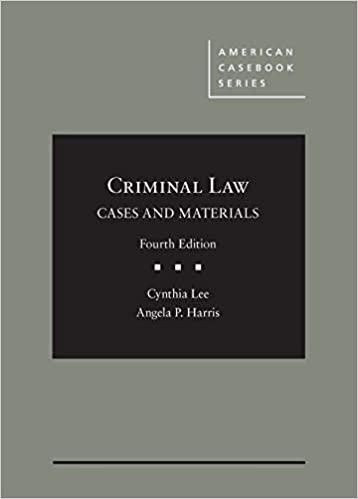Question
Robert Hackett became a substitute fireman for the city of New Britain, Connecticut, in 1949. In 1950, he was made a full-time fireman and in
Robert Hackett became a substitute fireman for the city of New Britain, Connecticut, in 1949. In 1950, he was made a full-time fireman and in 1968 became a lieutenant. After earning the highest mark on the captain's examination, he was promoted to captain in 1974. He then scored the highest score on the deputy chief exam and was promoted to that rank in 1977.
Mr. Hackett had paid an employee in the city department responsible for administering the exams to ensure that he earned the highest grades (which he did). He had, in effect, purchased his last two promotions. When these acts were discovered (after Mr. Hackett had retired), criminal charges were brought against him and the city employee. Both were convicted of felonies.
The pension board of New Britain then met and voted to reduce Mr. Hackett's pension by $5,483.97 a year because that reduction placed his pension at the level it would have been without the last two promotions. The board said the reduction was necessary because the last two promotions were obtained through illegal conduct. Mr. Hackett filed suit. Is illegality a defense to Hackett's suit for his full pension? [Hackett v City of New Britain, 477 A.2d 148 (Conn. 1984)]
Step by Step Solution
There are 3 Steps involved in it
Step: 1

Get Instant Access to Expert-Tailored Solutions
See step-by-step solutions with expert insights and AI powered tools for academic success
Step: 2

Step: 3

Ace Your Homework with AI
Get the answers you need in no time with our AI-driven, step-by-step assistance
Get Started


